Becoming a pilot is a dream that many aspire to, but it’s often seen as a challenging path. The idea of soaring through the skies, navigating complex airspace, and mastering a sophisticated aircraft is incredibly appealing—but how hard is it to become a pilot, really? The answer is, it can be challenging, but the rewards far outweigh the obstacles.
At Kingsky Flight Academy, we believe that with the right mindset, dedication, and support, anyone with a passion for flying can achieve their goal of becoming a pilot.
Understanding the Requirements
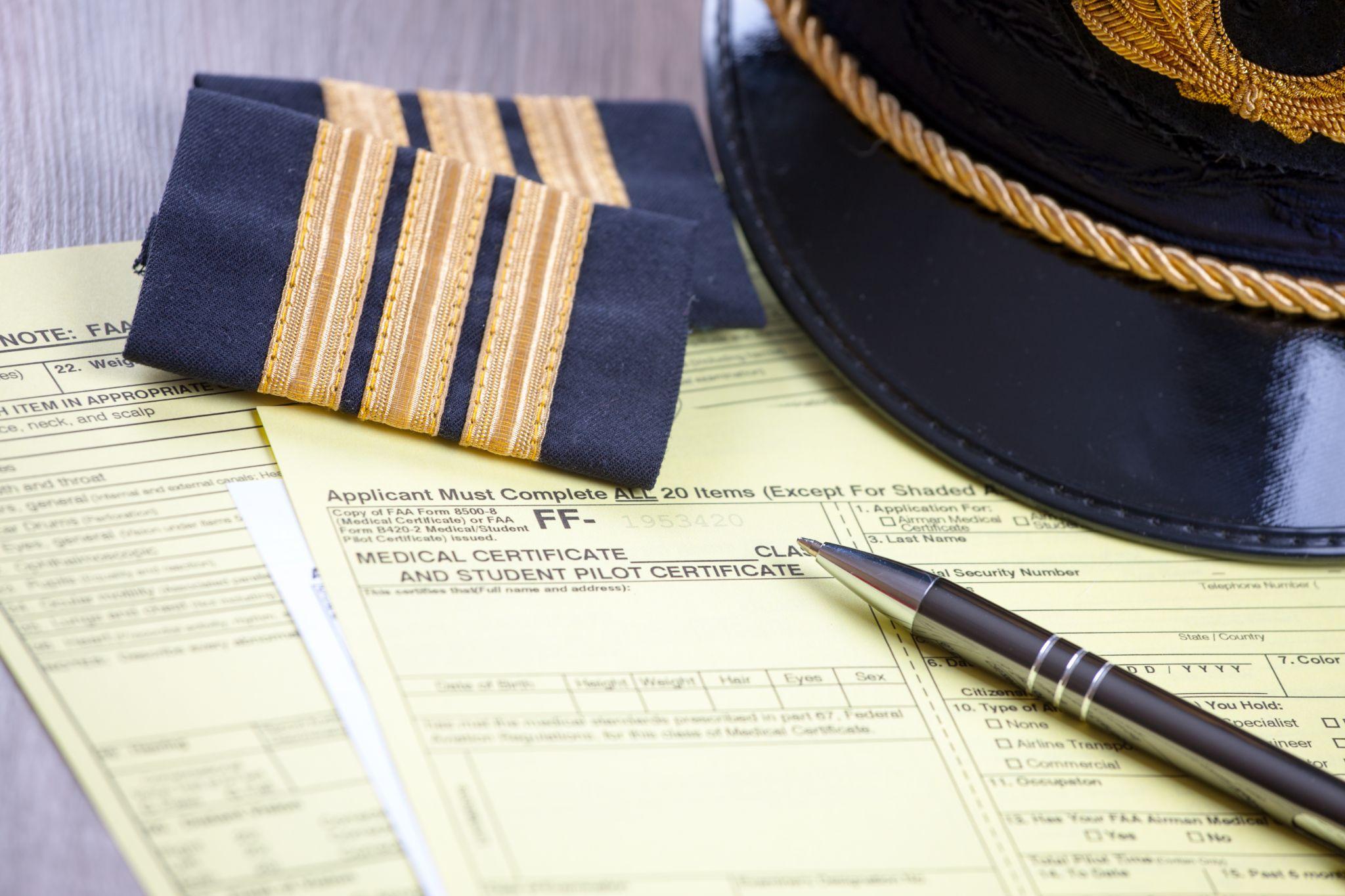
Before embarking on the journey to become a pilot, it’s important to understand the basic requirements. These will set the foundation for your training and career in aviation.
Educational Requirements
The journey to becoming a pilot starts with meeting certain educational requirements. At a minimum, aspiring pilots need a high school diploma or its equivalent.
While it’s not mandatory to have a college degree, many choose to pursue higher education in aviation or related fields. This not only provides a solid foundation of knowledge, but can also make candidates more competitive in the job market. This is especially true for airline positions.
Physical and Medical Requirements
In addition to educational qualifications, aspiring pilots must meet specific physical and medical standards. This includes passing a medical examination administered by an FAA-authorized physician.
Key areas assessed include vision, hearing, and overall health. Good physical condition is essential since flying can be physically demanding. Pilots need to be able to react quickly in any emergency situations.
It should be noted that there are different classes of medical certificates (e.g., First, Second, and Third Class). Depending on the type of flying one intends to do, they have varying levels of stringency.
The Flight Training Process
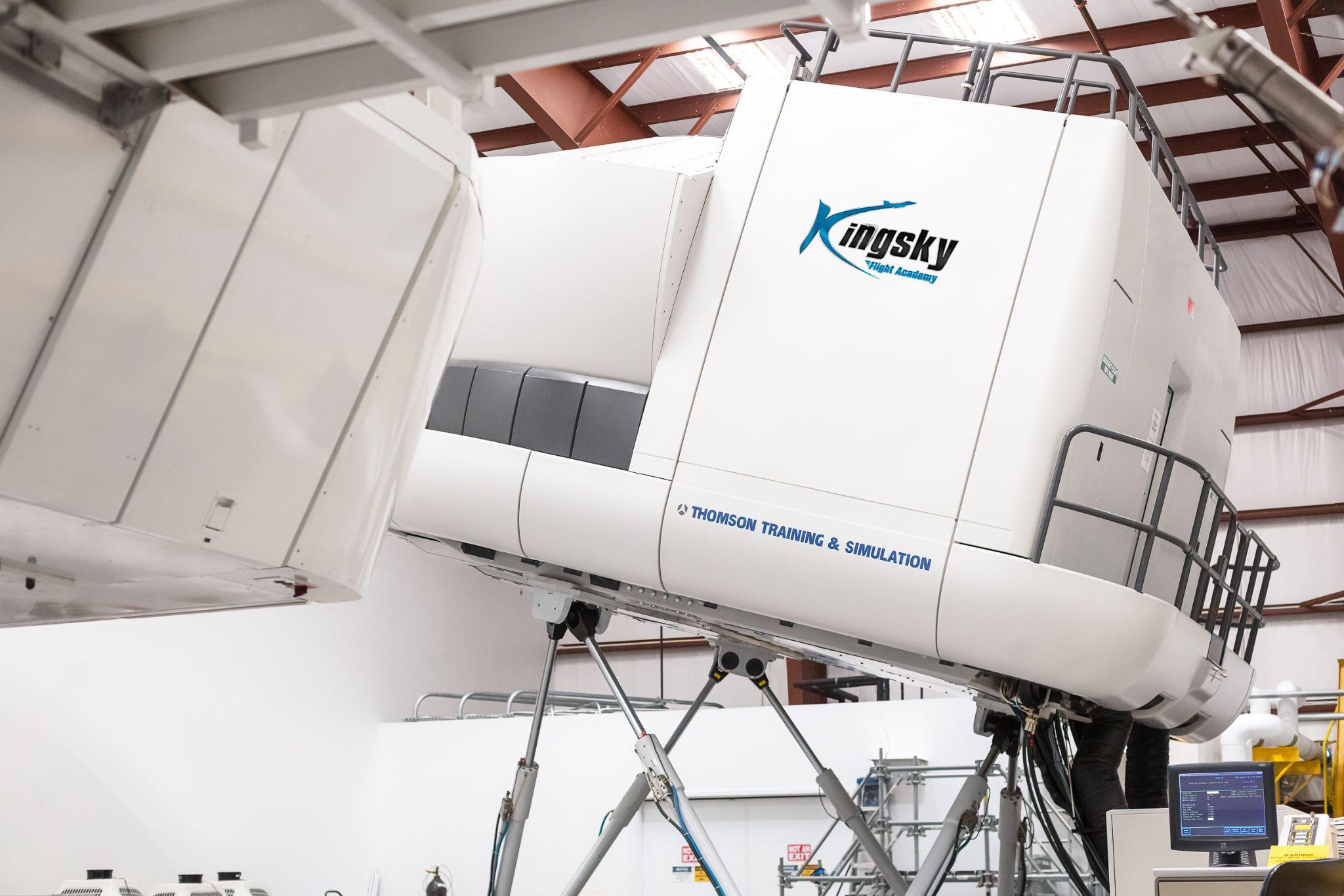
Embarking on the flight training journey is an exciting and crucial part of becoming a pilot. This process is where theoretical knowledge meets practical application. Essentially, this is where students begin to transform their dreams of flying into reality.
Ground School
Ground school is the first major step in pilot training. This is where students learn the theoretical aspects of aviation, including navigation, meteorology, flight regulations, and aircraft systems.
Ground school provides the essential knowledge needed to understand how to safely operate an aircraft and handle various in-flight scenarios.
It is important to note that ground school is not just a preliminary step, but a concurrent part of training. Meaning that it continues alongside flight training.
Flight Hours
Gaining practical experience through flight hours is perhaps the most crucial part of pilot training. Students must log a certain number of flight hours. This includes solo flights, to meet the FAA requirements for different licenses.
For example, obtaining a Private Pilot License (PPL) requires a minimum of 40 flight hours. While a Commercial Pilot License (CPL) requires 250 hours. During these hours, students learn maneuvers, navigation, and emergency procedures, all under the guidance of experienced instructors.
Simulated Training
Simulators play a vital role in pilot training. They allow students to practice and master various scenarios in a controlled environment. Simulated training is particularly important for instrument training. This is where pilots learn to navigate and fly solely by reference to instruments. This is a skill essential for flying in poor weather conditions or at night.
Simulators are used not just for instrument training, but also for practicing a wide range of scenarios, including emergency procedures.
Examinations and Certifications
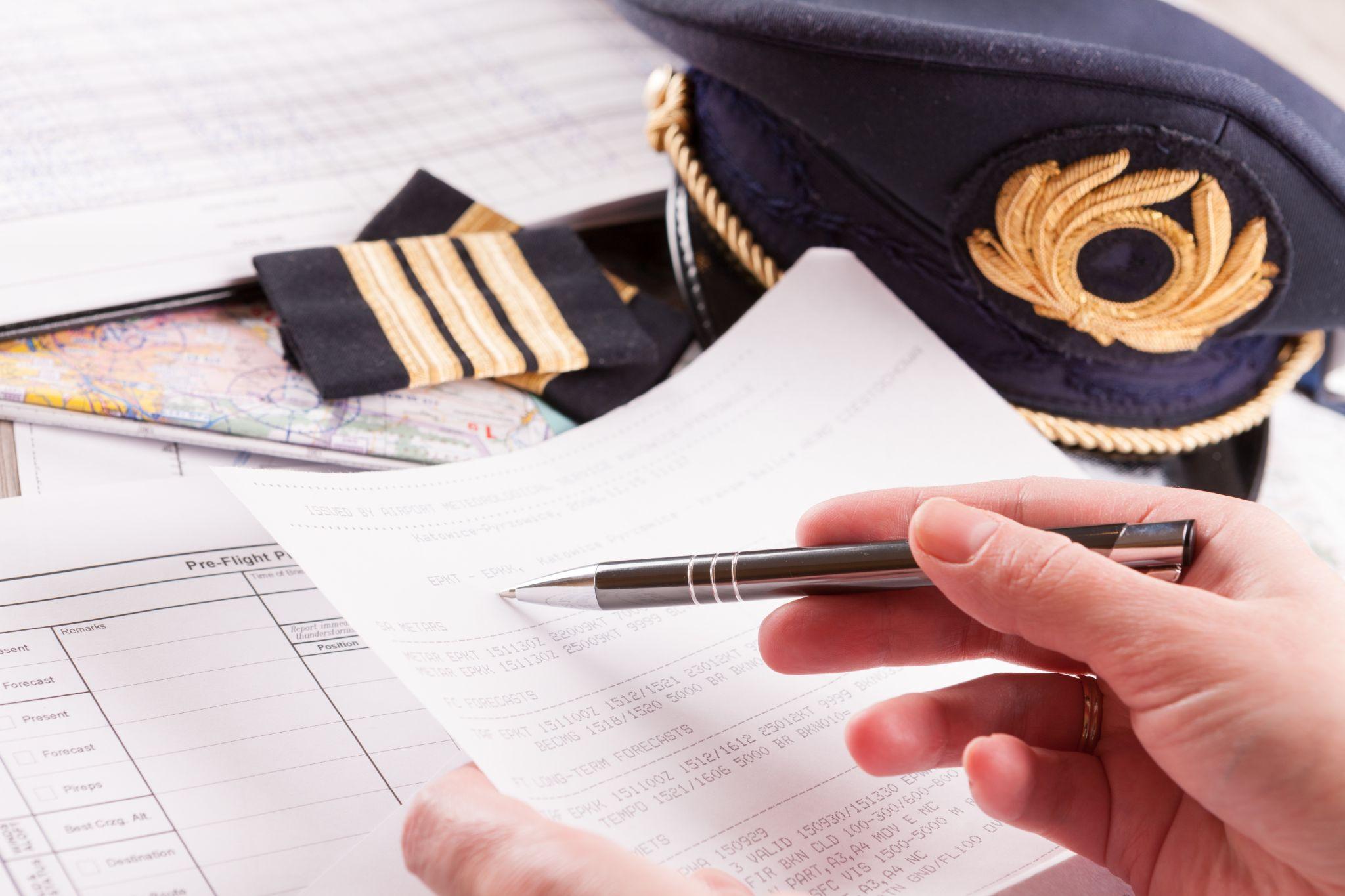
After completing your flight training, the next crucial step is to demonstrate your knowledge and skills. This happens through a series of examinations and certifications. These validate your readiness to become a licensed pilot.
Written Exams
Throughout the training process, students must pass a series of written exams that test their knowledge of aviation theory. These exams cover topics learned in ground school. They are essential for advancing to the next stage of training.
Passing these exams requires thorough preparation and a strong understanding of the material.
Checkrides
The final hurdle in the journey to becoming a pilot is the checkride. This practical flight test is conducted by an FAA examiner and assesses the student’s ability to safely and competently operate an aircraft.
The checkride includes an oral examination followed by a flight test. This is where the student must demonstrate their flying skills, decision-making abilities, and adherence to regulations.
Challenges Along the Way
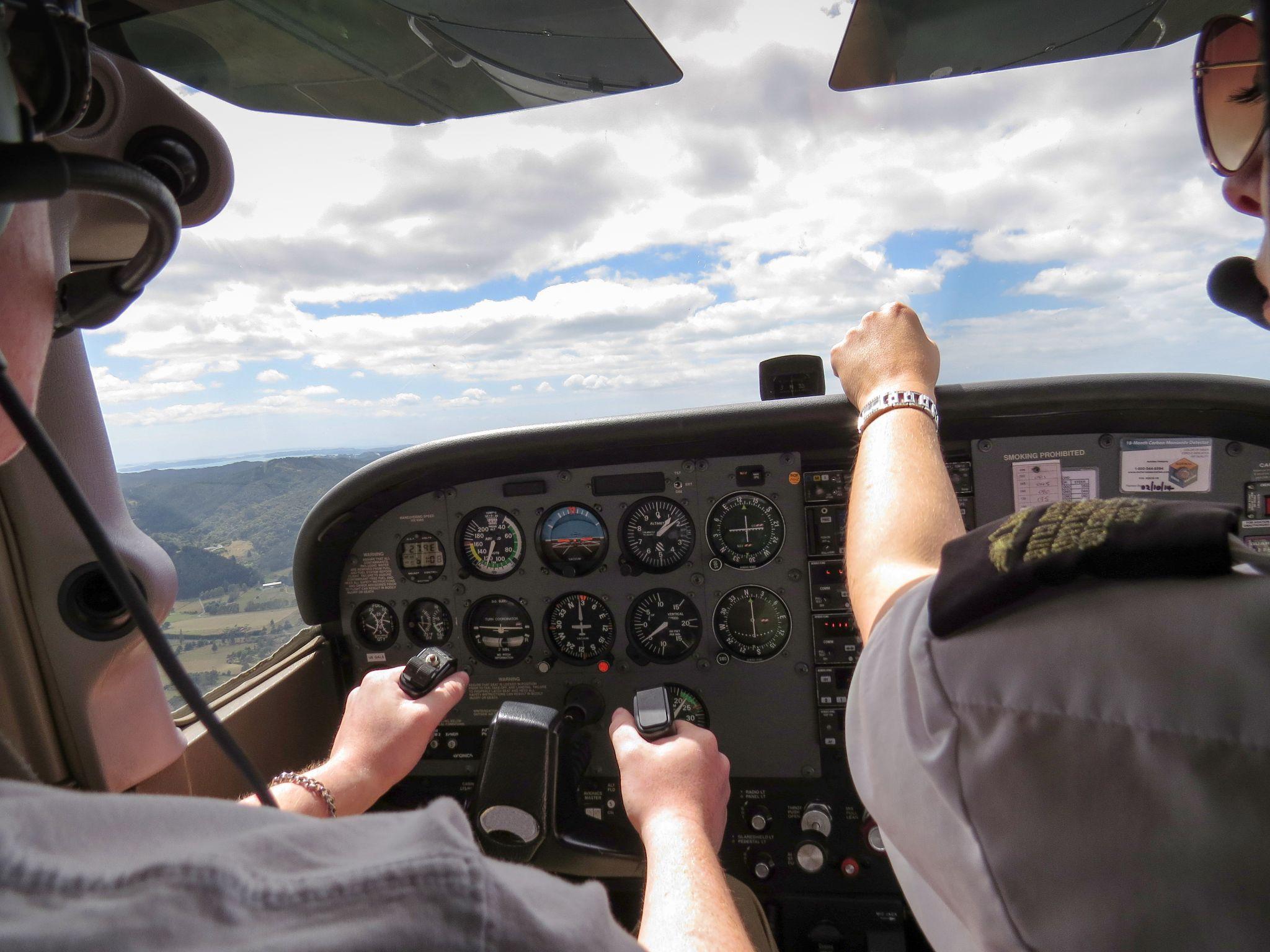
The path to becoming a pilot is filled with obstacles that can test your determination and resolve. Understanding these challenges can help you better prepare for the journey ahead.
Time Commitment
One of the most significant challenges in becoming a pilot is the time commitment required. Training involves hundreds of hours of study, flight time, and exams. Balancing this with other responsibilities can be tough, but time management and dedication are key to success.
Financial Investment
Flight training is a significant financial investment. Costs include tuition, flight hours, simulator time, examination fees, and more. While this can be daunting, it’s important to view this as an investment in a rewarding career.
Scholarships, loans, and financial aid options are often available to help manage these costs. At Kingsky Flight Academy, we offer various financing options to choose from.
Mental and Physical Demands
Flying is both mentally and physically demanding. Pilots must maintain focus, make quick decisions, and stay calm under pressure. The ability to think clearly in stressful situations is crucial, as is maintaining physical health to meet the demands of the job.
The Learning Curve
The process of becoming a pilot involves mastering a steep learning curve. From understanding complex aviation theories to executing precise maneuvers in the cockpit, students are required to absorb a vast amount of information in a relatively short time.
This can be overwhelming, especially for those new to aviation. Just remember, perseverance and continuous practice are essential to overcoming this challenge.
Tips for Success
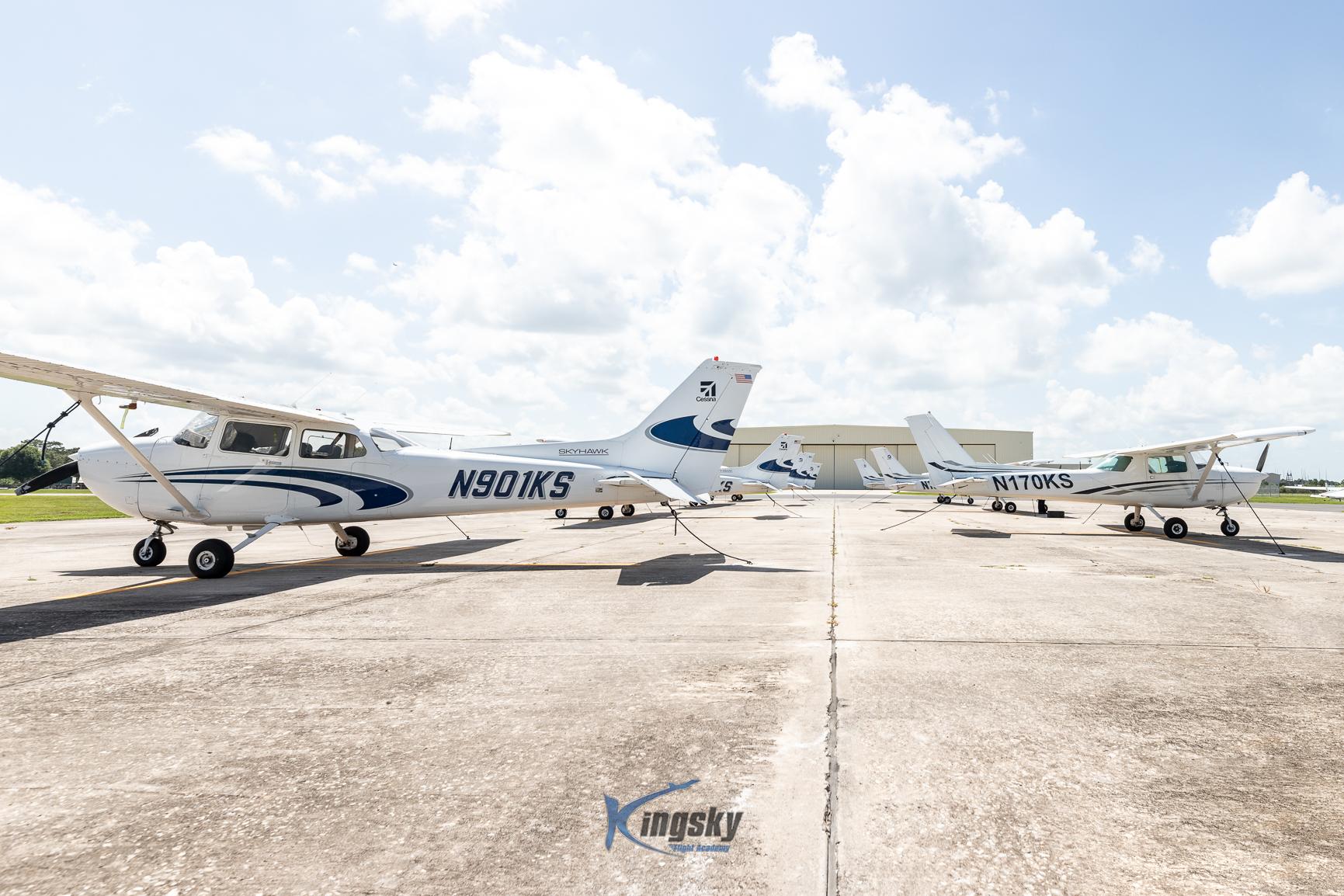
Navigating the journey to becoming a pilot is easier with the right strategies in place. Here are some essential tips to help you succeed and make the most of your training experience.
Choosing the Right Flight School
Selecting the right flight school is crucial to your success. At Kingsky Flight Academy, we offer comprehensive programs tailored to meet the needs of aspiring pilots at all stages of their journey.
Our experienced instructors, state-of-the-art facilities, and supportive learning environment make Kingsky the perfect place to start your aviation career.
Staying Motivated
The road to becoming a pilot is filled with challenges, and staying motivated is essential. Setting clear goals, finding a mentor, and connecting with the aviation community can provide the encouragement needed to keep going. Remember why you started this journey, and let your passion for flying fuel your perseverance.
Continuous Learning
The aviation industry is constantly evolving, and successful pilots commit to continuous learning. Staying updated with the latest regulations, technology, and industry trends is vital.
Even after obtaining your pilot’s license, ongoing education and training are necessary to maintain and improve your skills.
Why Choose Kingsky Flight Academy?
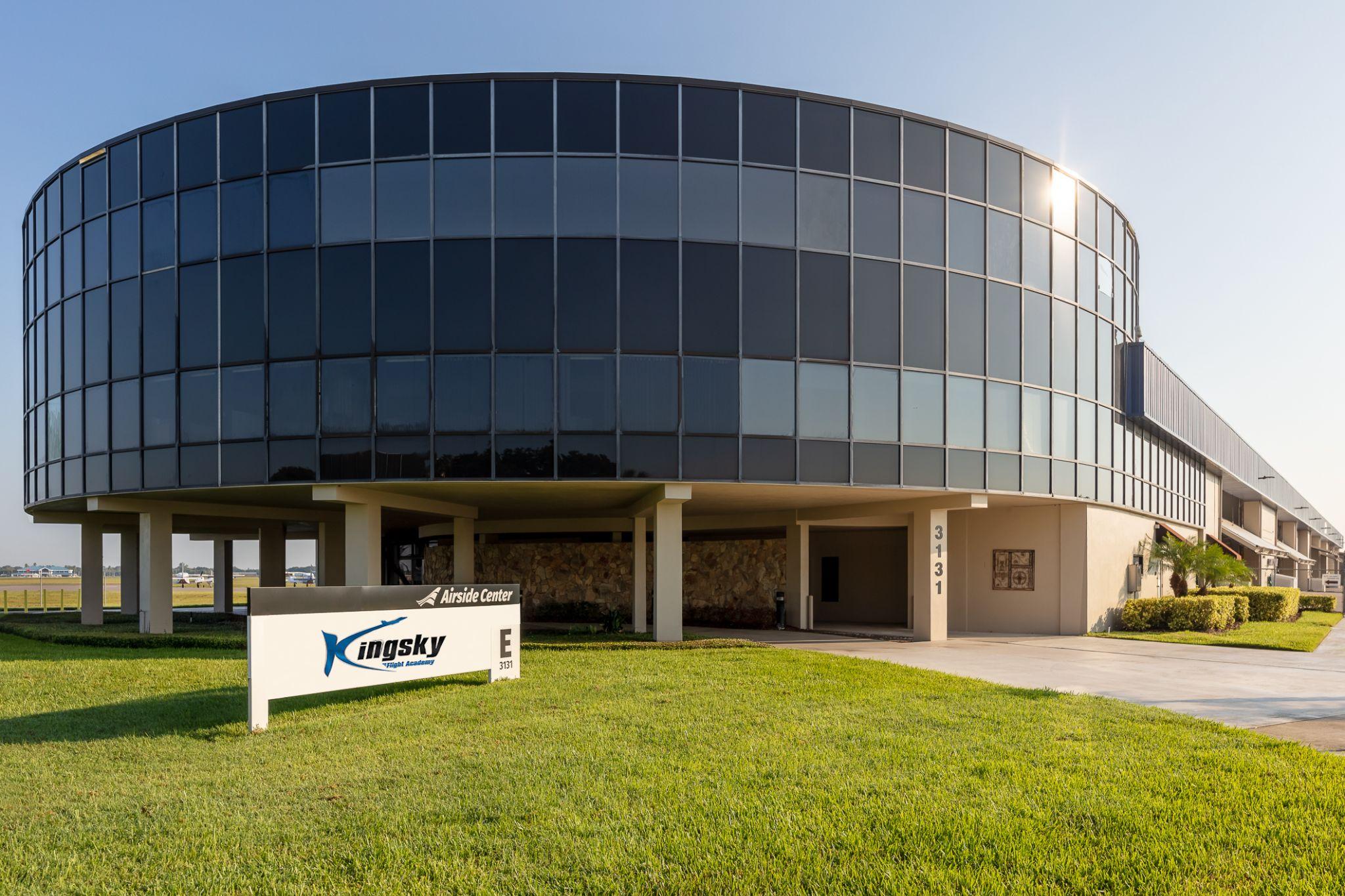
Becoming a pilot is undoubtedly a challenging path, but it is also one of the most rewarding careers out there. The sense of accomplishment, the thrill of flight, and the opportunities that come with a pilot’s license make the effort worthwhile.
At Kingsky Flight Academy, we know how hard it is to become a pilot. We are here to support you every step of the way. If you have the passion and determination, we have the expertise to help you achieve your dreams.
Explore our programs today and take the first step towards an exciting career in aviation.
